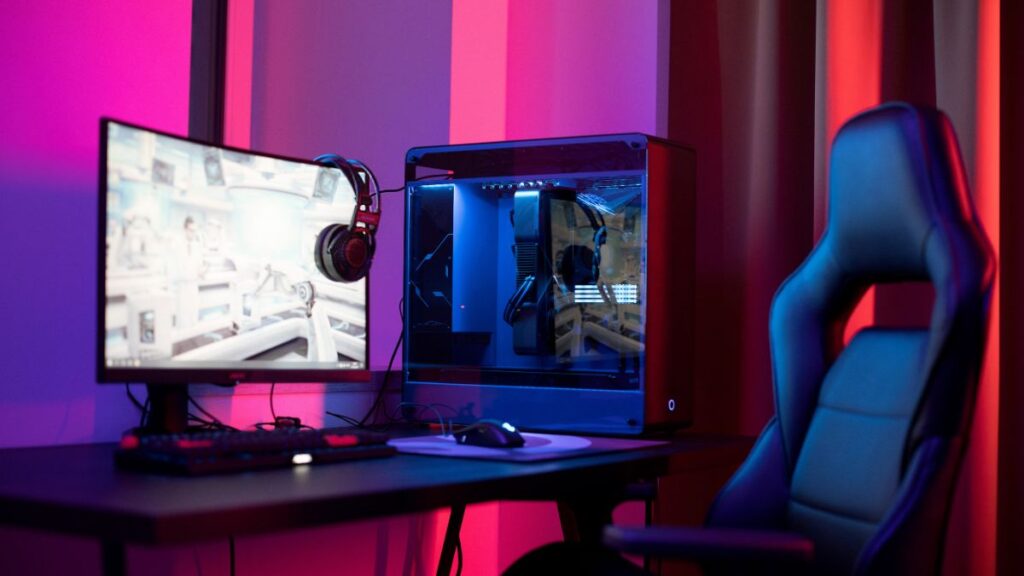Hello World

Topic
Top 5 Reasons to Visit MistyInfo.com Today!
Introduction to MistyInfo.com Are you on the lookout for fresh and engaging content? Look no further than MistyInfo.com! This vibrant...

Sports & Games
Unlocking the Secrets of GamingInfos.com: Tips for Gamers
Introduction to GamingInfos.com Welcome to the vibrant universe of GamingInfos.com, where every gamer finds their haven. Whether you’re a casual...

Beauty
The Science Behind Formula 43: What Makes It Unique?
Introduction to Formula 43 Are you tired of sifting through countless skincare products that promise the world but fail to...

Topic
Motherless.cok: A Safe Haven for Sharing Memories and Experiences
Introduction to Motherless.cok Losing a mother is an experience that leaves an indelible mark on our hearts. It’s a journey...

Entertainment
Discover Allthefallenbooru: Inside the Anime Art Phenomenon
An ever-expanding subculture of people who adore manga and anime has formed, and they are known for their unwavering devotion...

Technology
Experience Ultra-Fast Internet with www gravityinternetnet
How long has it been since your internet connection tracked your every move? The experience may be ruined by poor...

Technology
Shaun Sampson ICEXII Technologies Innovations
Introduction Over the past several years, Shaun Sampson ICEXII Technologies has been well-known for its ground-breaking technological advancements and futuristic...

Technology
Experience the Best of Techpondrk. in: Innovations That Inspire
Introduction: The Pulse of Tomorrow, Today Techpondrk. in isn’t just another tech blog—it’s a living, breathing manifesto for the future....

Digital & Marketing
Proven Adsy.pw/hb5 Strategies for Digital Marketing Domination
Being one step ahead of the competition is not only a goal, but an absolute need in the dynamic realm...






